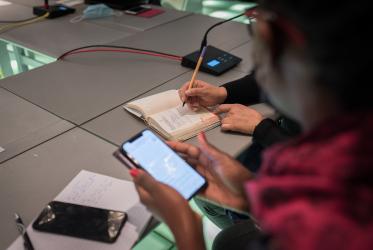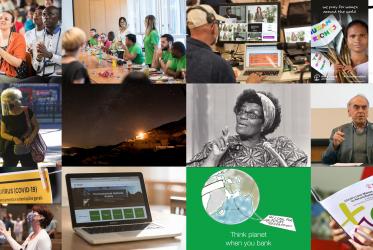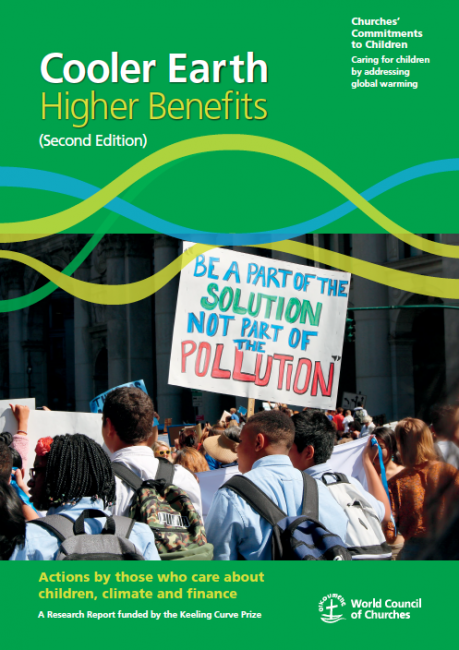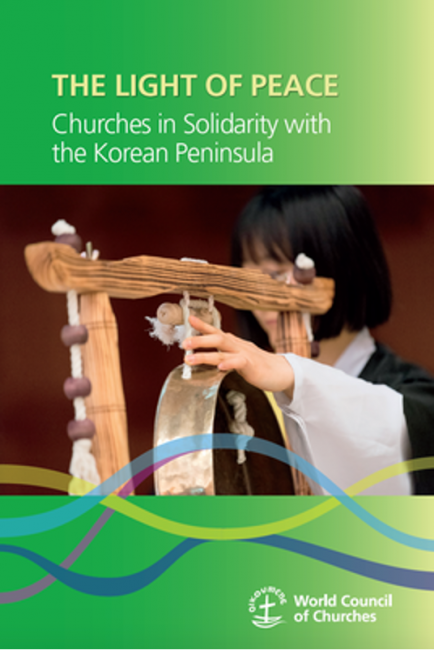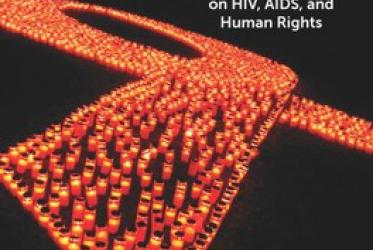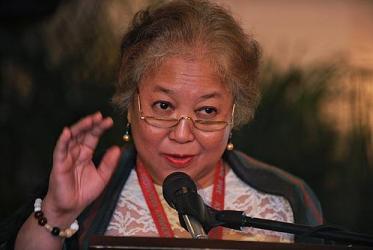Displaying 1 - 20 of 23
A Guidebook for Local Faith Communities
05 October 2023
Faith Sector Implementation of the Global AIDS Strategy
05 October 2023
Cooler Earth – Higher Benefits Second Edition
Actions by those who care about children, climate and finance
02 July 2021
Cooler Earth - Higher Benefits
Actions by those who care about children, climate and finance.
20 November 2020
WCC condemns attack at Hanukkah celebration in New York City
29 December 2019
"We have our work cut out for us"
10 August 2017
WCC book featured in UN discussion on gender, religions and health
16 September 2016
Churches on the move amidst changing landscapes
26 March 2012
CWME invokes new understanding of mission and evangelism
22 March 2012


